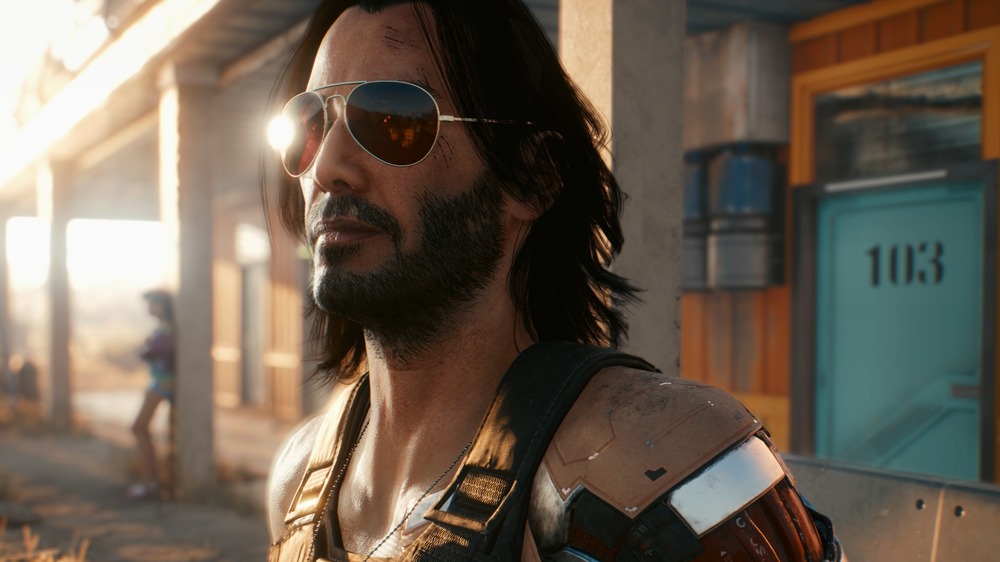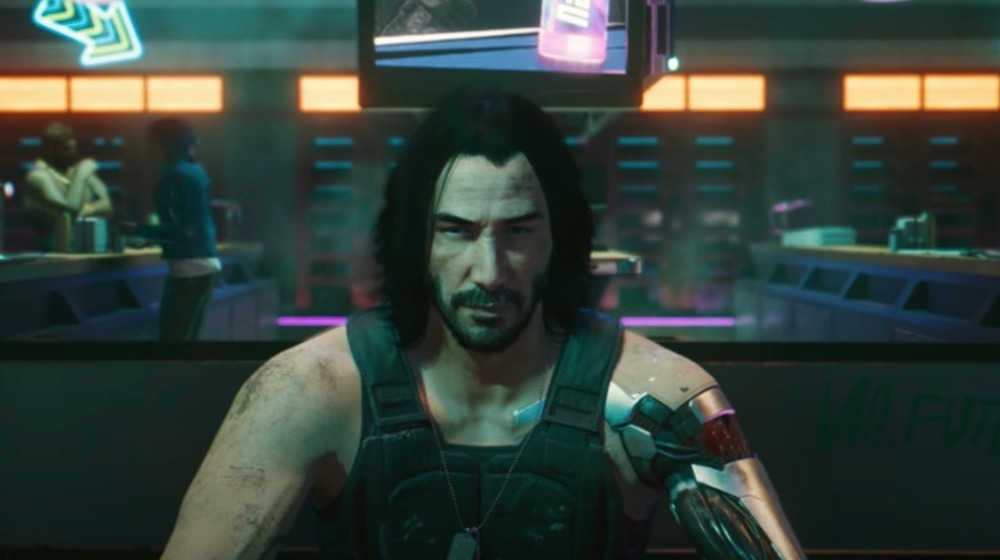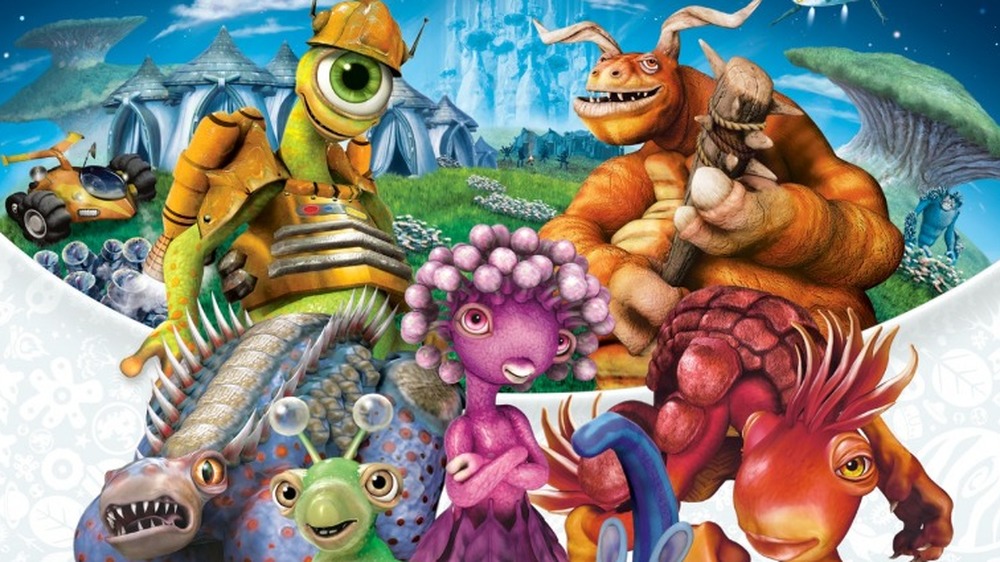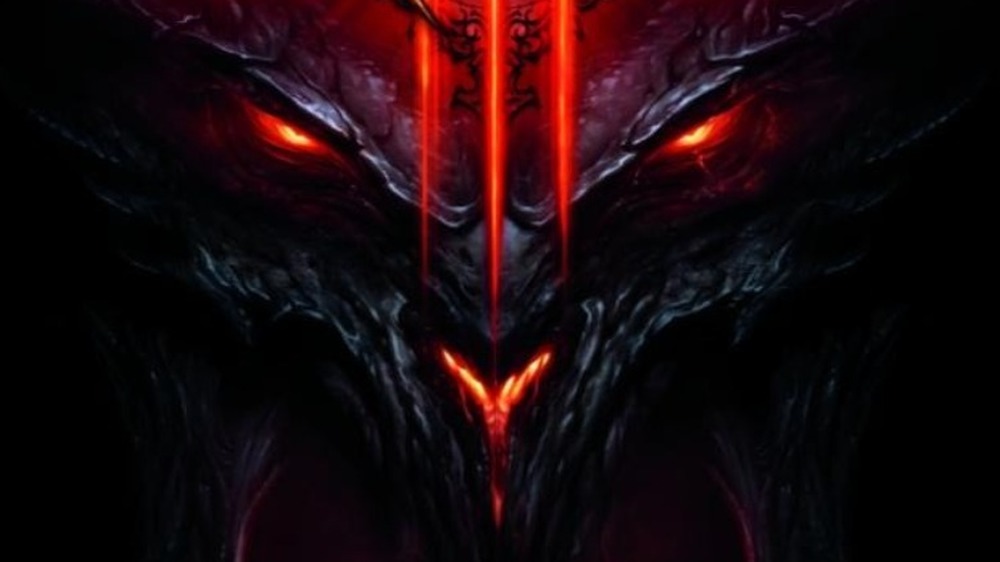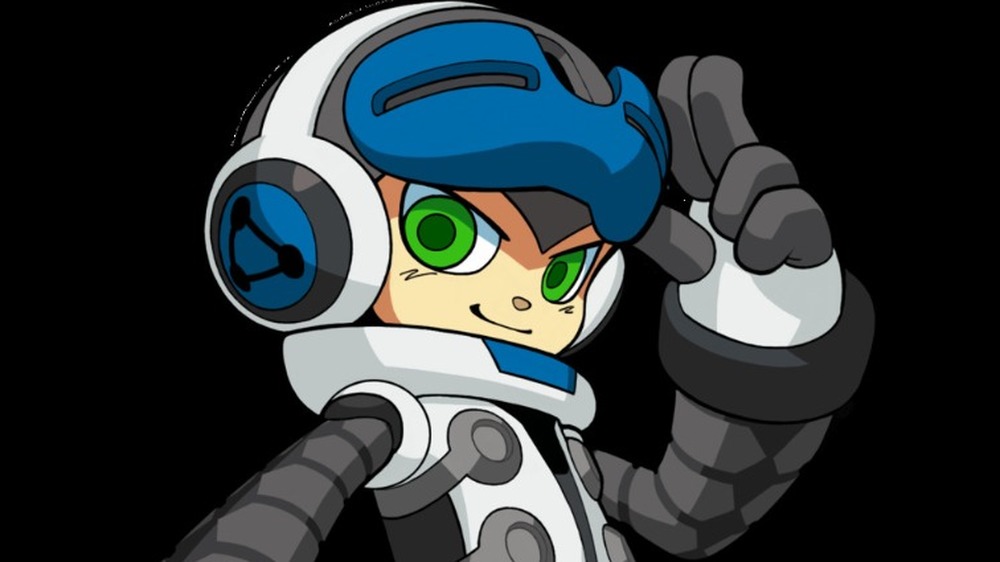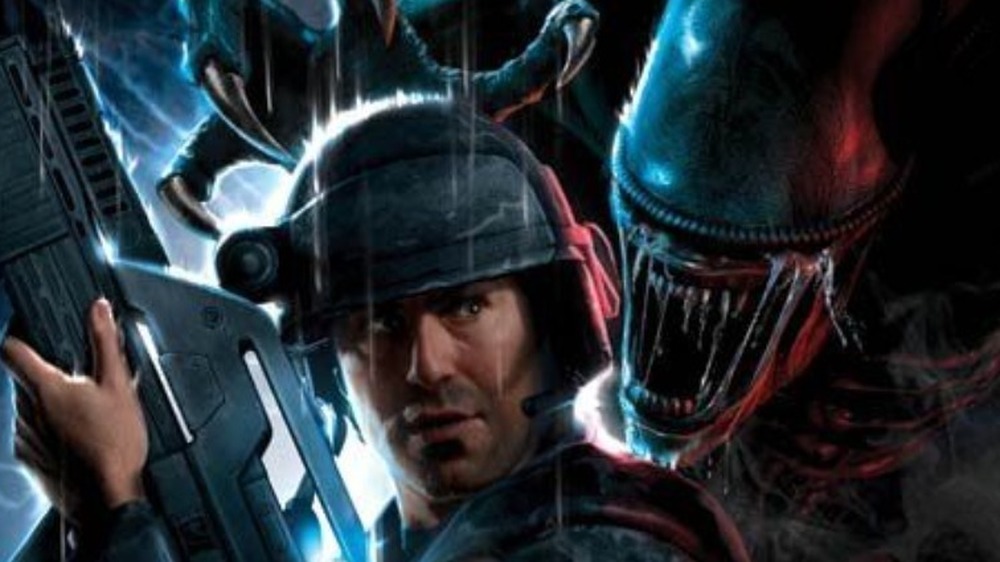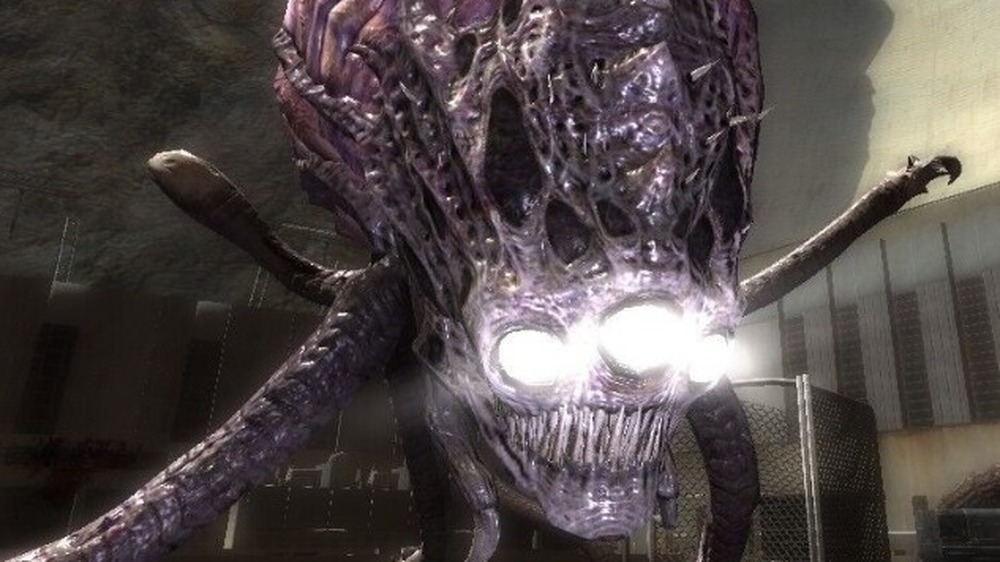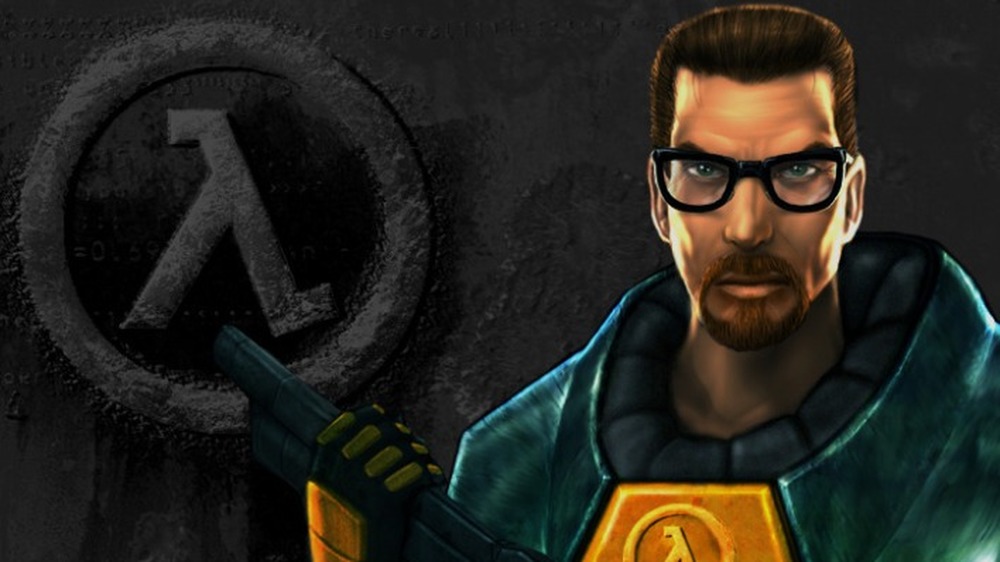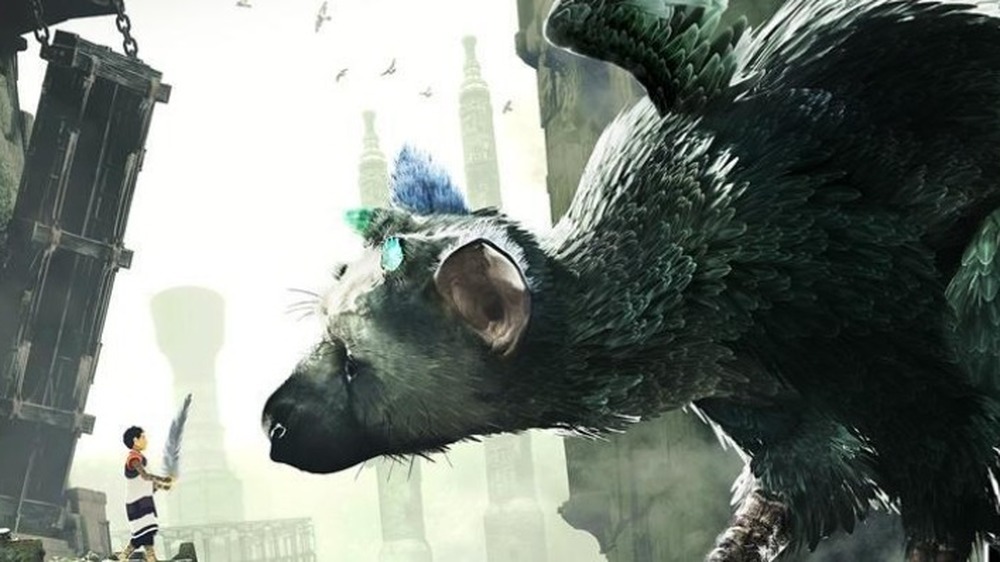These Were The Game Delays That Pissed Us Off The Most
There's no way around it: fans feel disappointed when games get delayed. Whether it's for a legitimate reason like a global pandemic, or the decision to release a game in multiple installments, waiting can be hard for anyone.
Delays can happen for a variety of reasons. Perhaps the studio doesn't feel the game is visually ready for release, and needs detail work in order to ensure quality. Something might have gone wrong during development, leading to a delay. Or maybe it's a combination of reasons. Regardless of why, delays can have a detrimental effect on game developers, leading to an increase in crunch time and longer work hours behind the scenes. Many developers are ditching crunch in favor of delays, but that doesn't always mean that the games are worth waiting for once they're released.
Sometimes, fans have waited months, even years, only for a game turn out to be a disappointing mess. Expectations can be understandably high after waiting years for an anticipated release, and while the wait can pay off, it can also go horribly wrong. Here are the game delays that pissed us off the most.
Cyberpunk 2077
To be fair, Cyberpunk 2077 could have been delayed even longer than it already was. Developer CD Projekt Red spent over seven years working on the anticipated release, only for it to be a a mess when it launched, particularly on last-gen consoles. Fans felt so outraged over the glitchy, bug-filled game that many demanded refunds from a variety of outlets, eventually prompting Sony to pull Cyberpunk 2077 from the PlayStation Store.
Though Cyberpunk 2077 has definitely been a hot topic in games journalism recently, it has been discussed for unfortunate reasons. Fans might be left to wonder why Cyberpunk 2077 didn't experience even more delays, considering its unfinished feel. After delaying Cyberpunk 2077 several times already, the studio began receiving death threats online. It's possible the developer didn't want to deal with the toxic fan culture breeding around the game's release, or maybe the team thought the game was truly ready for the public. Regardless, the end result is more disappointing than clipped-through pants.
Spore
Sims creator Will Wright built up a ton of public faith with his simulation game empire, which includes a variety of Sims games, as well as Sim City. However, all that good will couldn't hold up after the much anticipated Spore, released in 2008, failed to live up to expectations. Wright began working on Spore as early as 2000, but it took almost eight years to develop the game into something releasable.
Of course, Spore is very ambitious. Instead of allowing players to control one lifeform through its life like The Sims, Spore allows an entire species to be conceived from the dawn of time to extinction. The game suffered from numerous delays, and wasn't even announced to the public until it had been in development for five years.
Once released, the game suffered from harsh criticism. Even more recently, gamers have lamented the fact that the game just didn't live up to the hype. In an article published ten years after Spore's release, PC Gamer criticized the game's "aimlessness." even though she had high hopes. It's possible that Spore's scope was just too wide, and that players aren't meant to play God in such a micromanaging way.
Diablo 3
Diablo, Blizzard's third-person action-RPG that carried a devoted fan following since its release in 1996, has influenced many games that have come after it. However, the series hasn't always been beloved. Diablo 3 experienced a lot of trouble during its development, and disappointed fans once it released in 2012. While fans eventually came around after the Reaper of Souls DLC was released in 2014, many were already irritated by some of Diablo 3's more problematic issues.
The delay itself seems easy to explain. Blizzard announced Diablo 3 too early. In a 2009 interview, Blizzard's Rob Pardo said that the company always talks about big titles before it should, and that development isn't a straight line in many cases.
One of the most egregious issues in Diablo 3 was its auction house, which allowed players to pay real-world money in order to acquire weapons and gear that could essentially make them unbeatable. This pay-to-win mechanic understandably left a bad taste in some players' mouths, not only because it didn't align with previous standards set by the series, but because it seemed pretty shady. Eventually, Blizzard decided to nix the auction house mechanic, but things didn't improve for Diablo 3 until several patches and DLC packs were released.
Mighty No. 9
Mega Man, that beloved series featuring a blue robot and his friends, is what platformer dreams are made of. Naturally, fans felt excited once they heard that Mega Man creator Keiji Inafune had a new project on Kickstarter promising to bring back the gaming fun of their childhoods. However, that excitement couldn't match the massive disappointment once the game was delayed several times and then, upon its release, failed to live up to expectations.
After being delayed three times, Mighty No. 9 released to disappointed fans. Despite being hyped for years, the game flopped, and flopped hard. Many folks ended up thinking the Kickstarter campaign was a waste of money, not to mention the time spent waiting for the game to release. During production, Inafune made changes that departed from the original direction of Mighty No. 9, which eventually made some fans feel as if they'd been lied to.
Reviews of Mighty No. 9 described the game as lackluster, devoid of anything that made the original Mega Man games so special.
Aliens: Colonial Marines
Sometimes, fans are promised one thing and delivered another. Aliens: Colonial Marines did not live up to the promises it made in its E3 trailer, and fans felt absolutely betrayed. Many players were so outraged that they participated in a class action lawsuit against the Gearbox and Sega, the developers responsible for the game.
Eventually, Gearbox managed to escape the lawsuit, but Sega still remained in the hole. Sega maintained that Gearbox was actually at fault for misleading the public and promising different aspects of the game that were at the time undecided. Sega argued that Gearbox used money for Aliens: Colonial Marines in other projects, but Gearbox CEO Randy Pitchford adamantly claimed this wasn't the case, maintaining that he lost millions of dollars on the project and resulting lawsuit.
Ultimately, the lawsuit didn't really go anywhere, but fans made their voices heard. Critics also spoke out on the game's quality. An IGN review said that the game "simply feels unfinished – which is a surprise given how long it's been in development." Aliens: Colonial Marines just proves that a longer development cycle doesn't necessarily mean a better game.
Duke Nukem Forever
No list of notoriously delayed games would be complete without Duke Nukem Forever. Even though it took fifteen years to develop, Duke Nukem Forever massively sucked. After spending years in development hell, experiencing multiple engine swaps, and squabbles between multiple developers, the game was released — and received mediocre reviews.
There are many problems with Duke Nukem Forever, but the biggest is that it simply doesn't feel like a cohesive game. The small production team assigned to the game was part of the problem, reflective of the "1995 mentality" which George Broussard, the co-owner of developer 3D Realms, blamed for the slow progress. In 1995, Broussard contended, games could be made by skeleton crews, but in the 2000s, games had become infinitely more complex and required larger groups working simultaneously to make them successful.
Even though 3D Realms closed up shop, production on Duke Nukem Forever continued. The epic delay led to Duke Nukem becoming a bit of a meme, but nothing could make this disappointing delay funny.
Half-Life 3
Half-Life wowed players when Valve released it in 1998, and fans were just as eager to play its sequel in 2004, but whatever happened to Half-Life 3? This is the only game on the list that hasn't actually been released yet, or even received an official announcement from Valve. When Half-Life 2 ended on a cliffhanger, players understandably wanted to know what happened next, but Valve never released another Half-Life game.
Until 2020, when Valve revealed Half-Life: Alyx, a new installment in the Half-Life universe. Although the VR title didn't quite explain the cliffhanger fans have been dangling off of for years, it did breathe new hope back into the fanbase. Could Half-Life 3 happen? After all these years?
As of now, no one really knows. Another Half-Life chapter was in some form of development for years, but there hasn't been any official announcement of a new game just yet. Rumors say that Valve is working on a new game called Citadel, but no one knows for sure. Valve has stayed busy with Steam, as well as a slew of other games, so for now Half-Life fans will just have to keep waiting.
The Last Guardian
The Last Guardian has a more complex delay story than most. Its development team went through some significant shakeups during production, leading to a massive delay in its release. Even though The Last Guardian made some best-of lists after its release in 2016, the game didn't quite live up to its developer's previous project, Shadow of the Colossus.
Originally planned for the PS3, the game got delayed and then pushed to the PS4, necessitating a rehaul of many graphic elements. Then, members of the development team split from Sony's Japan Studio, leaving the game's fate truly up in the air. Some Team Ico members founded genDESIGN, and the new company took up the responsibility of The Last Guardian, but that doesn't mean things went smoothly from there. After fans got a taste of what the long-awaited game would be like, they found the demo contained significant issues with its gameplay and design. This feedback led to yet another delay.
A review of the game from Polygon noted that the game "awkwardly" felt like the product of different console generations. While The Last Guardian wasn't a bad game per se, it was no Shadow of the Colossus, which means that its massive delay upset fans big time.

